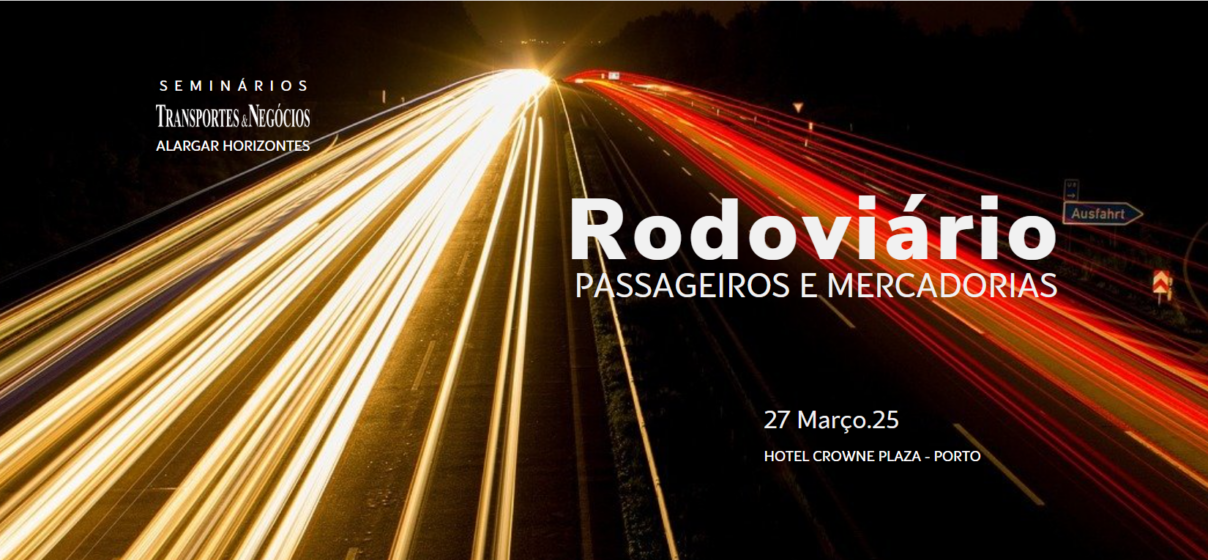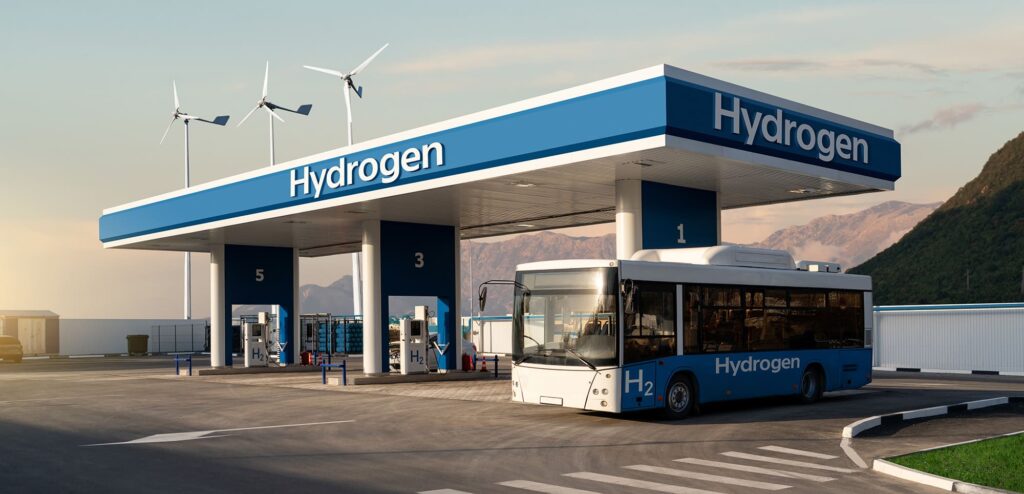Shaping the future of public transport: key insights from VTM at Oporto seminar

On March 27th, VTM attended a seminar organized by the Transportes & Negócios magazine on passenger and freight road transport in Oporto, Portugal. The event brought together key industry players to discuss pressing issues and future developments in the sector.
Throughout the seminar, several critical topics were addressed, many of which are particularly relevant to VTM, as they align closely with our expertise. The discussions provided valuable insights into the current landscape and the challenges ahead for both authorities and operators.
One of the key topics was the contracting of transport services in Portugal and its prospects. A thorough reflection on past mistakes was carried out, with a consensus that these should not be repeated in upcoming public tenders. As local authorities have gained experience and are now better prepared, expectations for more effective processes have increased.
Another critical point of discussion was the relationship between public authorities and transport operators. There was unanimous agreement on the need for greater transparency and uniformity in contractual relationships and decision-making processes. Establishing clearer guidelines and fostering a more open dialogue between stakeholders were seen as essential steps toward a more efficient and fair system.
The seminar also explored the impact of Artificial Intelligence (AI) on public transport. Various innovations were presented, highlighting how AI is transforming key areas such as ticketing systems, real-time public information, and of course data analysis. The role of AI in optimizing operations, enhancing passenger experience, and improving decision-making was widely recognized.
Decarbonization emerged as another pivotal theme. Discussions focused on the electrification of public transport fleets and the challenges associated with this transition. The conversation highlighted the technical, financial, and operational hurdles that both bus operators and public authorities must overcome to ensure a sustainable and efficient transition toward low-emission mobility.
Beyond the insightful discussions, networking moments reinforced the importance of collaboration and knowledge-sharing in driving the industry forward.
Latest news
All news
Key challenges to widespread adoption of clean hydrogen in urban mobility: a chicken-and-egg problem?
This is the third article of a trilogy about the application of hydrogen technologies in transport. The first one and the second one are still accessible on our website. Our previous article briefly introduces the tech under the hood of fuel cell vehicles (FCV) and their main advantages over battery electric vehicles (BEV). Depending […]

Micromobility, mandatory insurance, and the case of pedelecs: between European law and the Portuguese transposition
The rapid surge in the use of electric vehicles — notably e-scooters, cargo bikes, and pedal-assist bicycles (pedelecs), among other forms of micromobility — has introduced new challenges in the realm of road safety. In response to this evolving landscape, the European Union (EU) introduced regulatory measures aimed at safeguarding users through mandatory third-party liability […]
